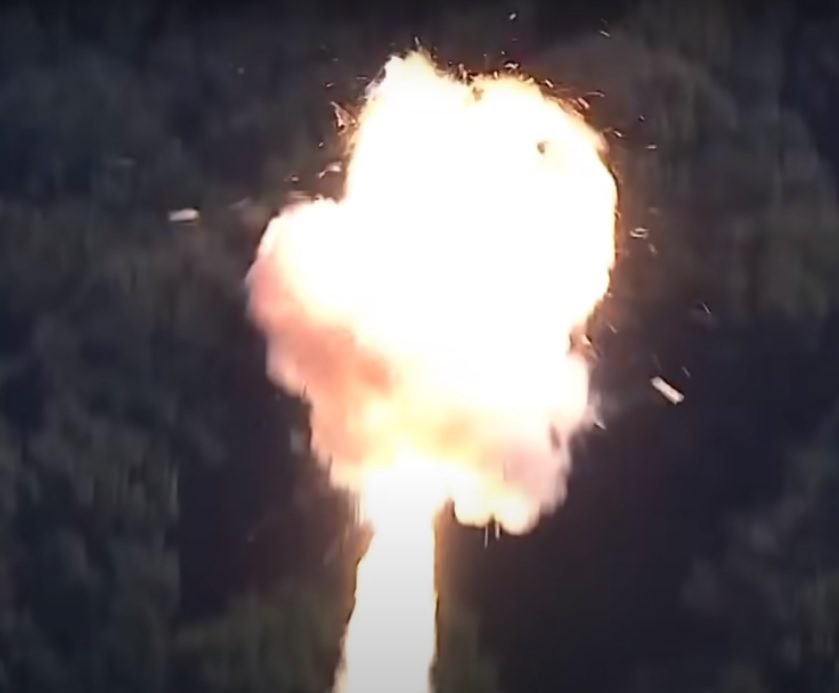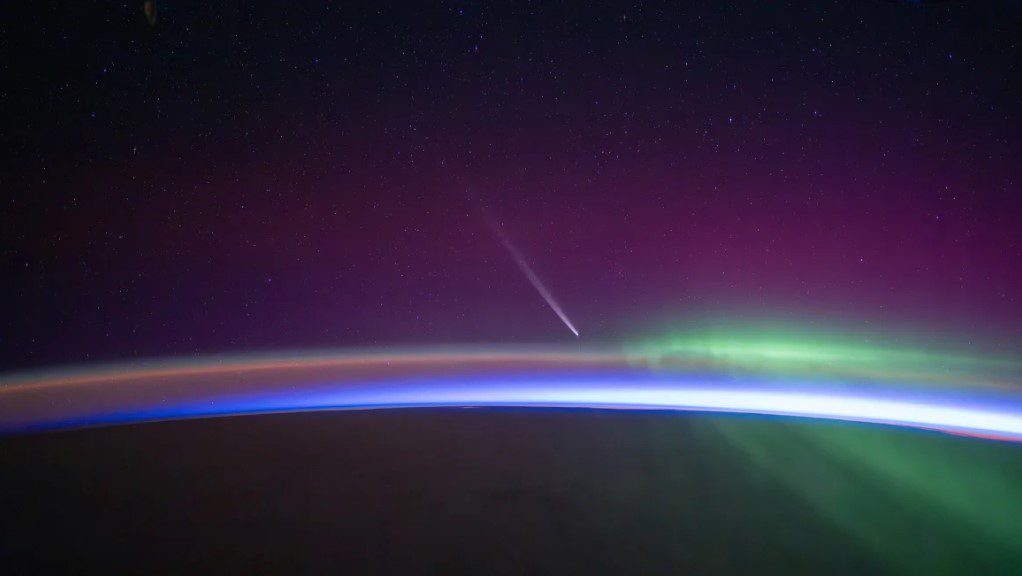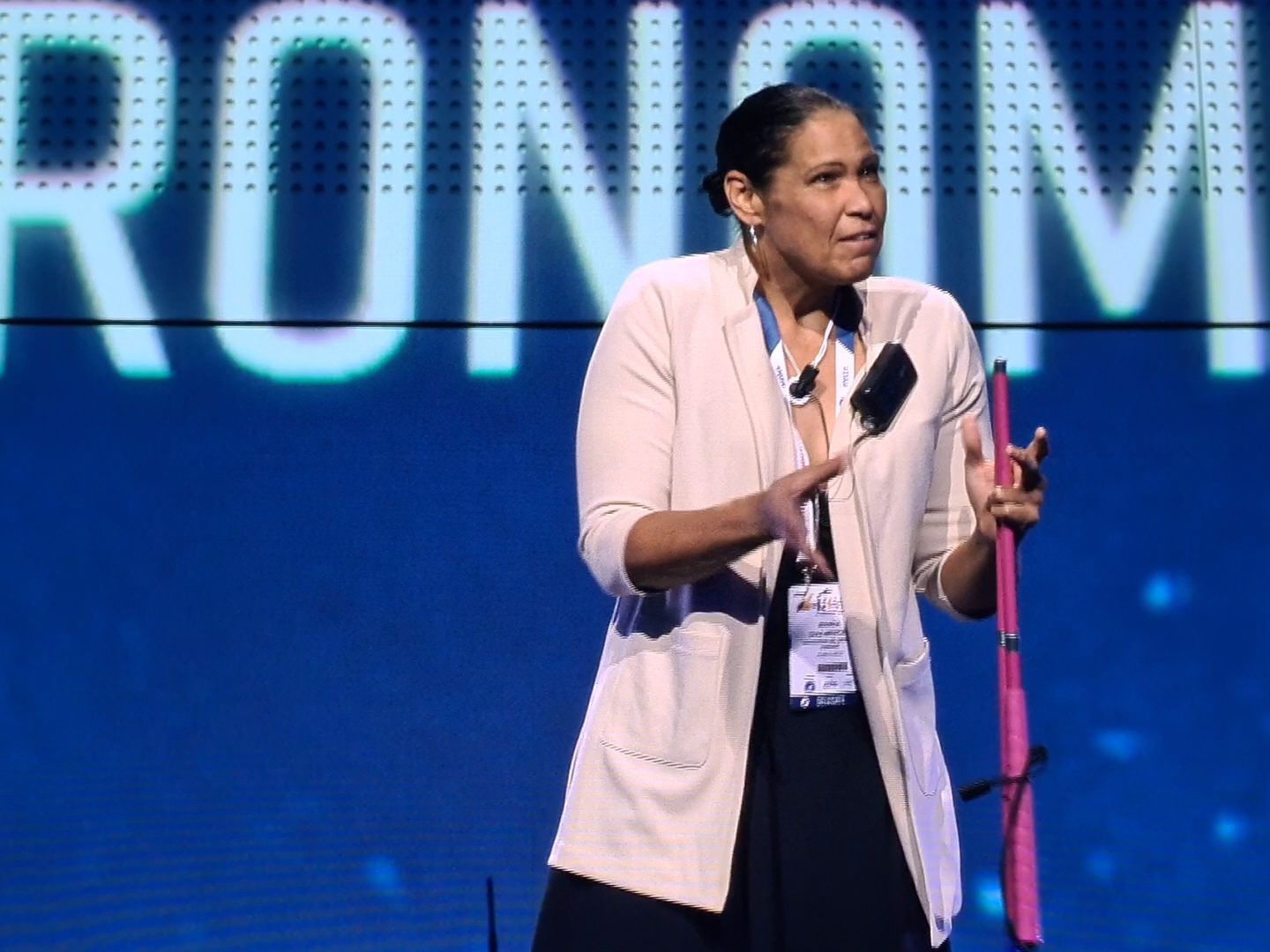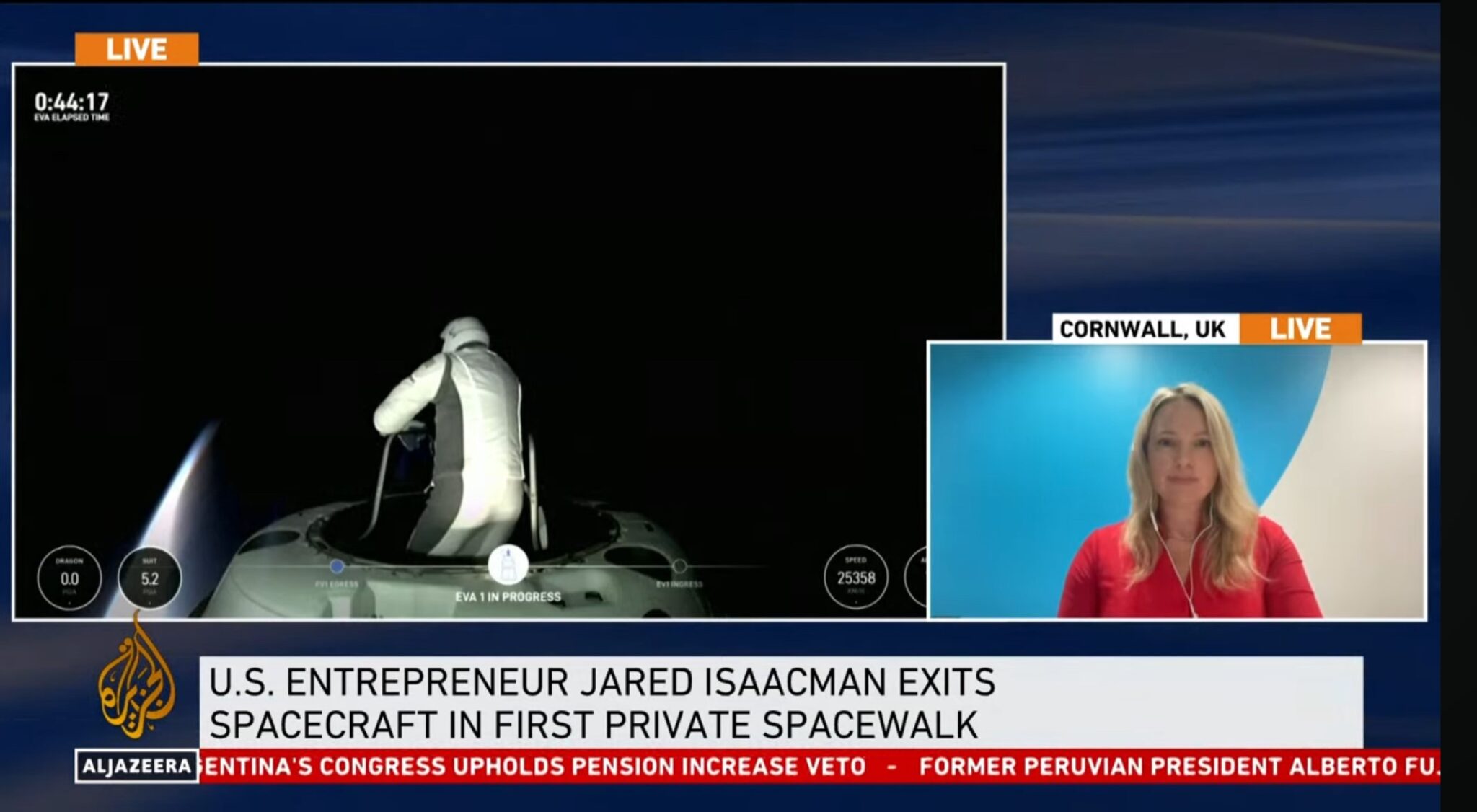The mystery change in the orbital parameters of a small Russian satellite have now have been explained: it was apparently caused by a debris strike and the debris came from a Chinese anti-satelltie missile test. On 4 February, the Russian Institute for Precision Instrumenet Engineering reported that the 7.5kg BLITS (Ball Lens In The Space) passive laser reflector nanosatellite had had significantly changes to elements of its Sun-synchronous near-polar orbit, to its spin velocity and in is attitude and may have split into two tracked objects. It was only after analysis by the Centre for Space Standards and Innovation that the change was traced to a debris strike which occured on 22 January 2013. There remains doubt however about why the BLITS spacecraft only split into two parts rather than several pieces which is more usual after such a collision while other sources suggest that no collision occured.
The original debris was alleged to be a piece of the 750kg Fengyun 1C retired weather satellite which had been deliberately destroyed in a Chinese anti-satellite missile test on 11 January 2013. The test which resulted in a large space debris cloud caused international protest.
US Defence sources subsequently noted that the original debris cloud it was allegedly struck by would have been too far away for such a collision to have occured.
Orbital tracks: courtesy Analytical Graphics Inc,
Comment by David Todd: Debris strikes to spacecraft are relatively common and maybe becoming more so as the amount of space debris increases. The first confirmed incident was to the French Cerise satellite which had its gravity gradient boom cut off by a collsion with an orbiting Ariane rocket third stage on 21 July 1996. The most famous recent incident was on 10 Feb 2009 when the communications satellite, Iridium 33, was struck by a defunct military satellite Cosmos 2252 a collision which itsefl caused more space debris. Having noted these incidents, certain nations have a track record of blaming debris and meteor strikes for the failures on their spacecraft when in reality they are design or reliabilty related.





